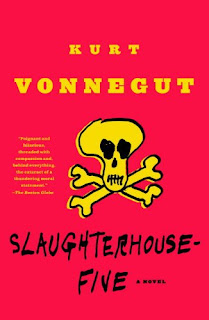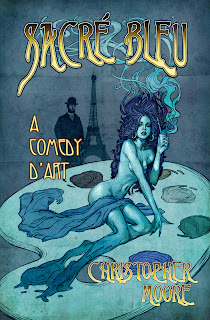2012 Book Count: 44
2013 Book Count: ???
Monday, August 20, 2012
"The Wind-Up Bird Chronicle" - Haruki Murakami
Published in 1997 by Haruki Murakami, 1998 by First Vintage Int. Translation by Jay Rubin.
Murakami starts his novel with a pot of noodles, I was immediately hooked. The pot boils, he receives a call from a woman who knows him but will not identify herself, he returns to his noodles (slightly overcooked) and he feels confused.
This novel is everything my brain connects with Japanese culture. It is calm, it is creepily calm, even the fights are calm. But you can't stop reading. It centers on Toru Okada, a man who is unemployed and supported by his wife Kumiko who works in publishing. We follow him as his cat goes missing, then his wife, he meets a psychic prostitute, gains a facial blemish, meets an old veteran who has seen awful things, takes a lot of naps and makes friends with a lot of women.
I am still a little dizzy from everything that happens and at times it gets a bit confusing. But push on, because the last third is thrillingly well written, and mind-bendingly good. I don't think I understand what happened yet, but it was big. Big in a calm way, and that says something.
Quotes:
"Let's go to Crete together. This is not the place for us anymore: not for you and not for me. We have to go to Crete. If you stay here, something bad is going to happen to you. I know it. I am sure of it."
"Money had no name, of course. And if it did have a name, i would no longer be money. What gave money its true meaning was its dark-night namelessness, its breathtaking interchangeability"
Rating: ****
Saturday, August 4, 2012
"Slaughterhouse Five" - Kurt Vonnegut
Published in 1969 originally, 2009 by Dial Press
recognized as one of the most influential anti-war books of all time, Vonnegut's "Slaughterhouse 5" is a trippy book. It explores war, free will, fate, love, paranormal activity, and weaves in historical events the entire time. Vonnegut tells the tale of Billy Pilgrim, a young man who doesn't particularly believe in war and continuously asks to be left behind to die. He is able to become unstuck from time and can see different points of his life throughout the story. We are lead through his time before the bombing of Dresden, his boring married life after the war, time spent on an extraterrestrial planet called Tralfamadore, his death, and some other events.
Personally, I enjoyed this book, not in the way people are supposed to appreciate and love classics. I can't see this ever becoming my favorite book of all time, but I did really like the writing style the ideas were all solidly put together to create a nice mesh of historically accurate sci-fi.
Quotes:
""Would you talk about the war now, if I wanted you to?" said Valencia. In a tiny cavity in her great body she was assembling the materials for a Green Beret.
"It would sound like a dream," said Billy. "Other people's dreams aren't very interesting, usually."
Rating: ****
Wednesday, August 1, 2012
"Sacre Bleu" - Christopher Moore
Published in 2012 by William Morrow
This book is the epitome of Christopher Moore. As much as I always want to love his books, they tend to either be super awesome (A Dirty Job, Lamb, Fool) or be kind of bleh (Fluke, the one about vampires, something about a Sequined Nun Love.) This was a little of both. Parts were wry, compelling and laugh out loud funny. Parts were dry, boring, and a little overwrought.
A very strange and entertaining idea though, Sacre Bleu is a story about famous artists compelled to paint by a mystical little man who creates a magical color of blue that allows for some crazy things to happen. While it was not his best book it was a fun and interesting look at the lives of men we often forget. . . had lives!
It shows us that these men were contemporaries and friends, just men living in Paris and getting by with the world around them and what they were given in life.
Quotes:
"Now the ragpicker threw his head back and laughed in the way only a Frenchman with 7 teeth and a conscience soaked in wine can laugh, the sound his donkey might make if he were a heavier smoker and had just licked the devils ass to chase all taste of goodness from his tongue. The ragpicker wasn't a scoundrel, but scoundrels envied his laugh."
Rating: ***
Subscribe to:
Comments (Atom)


